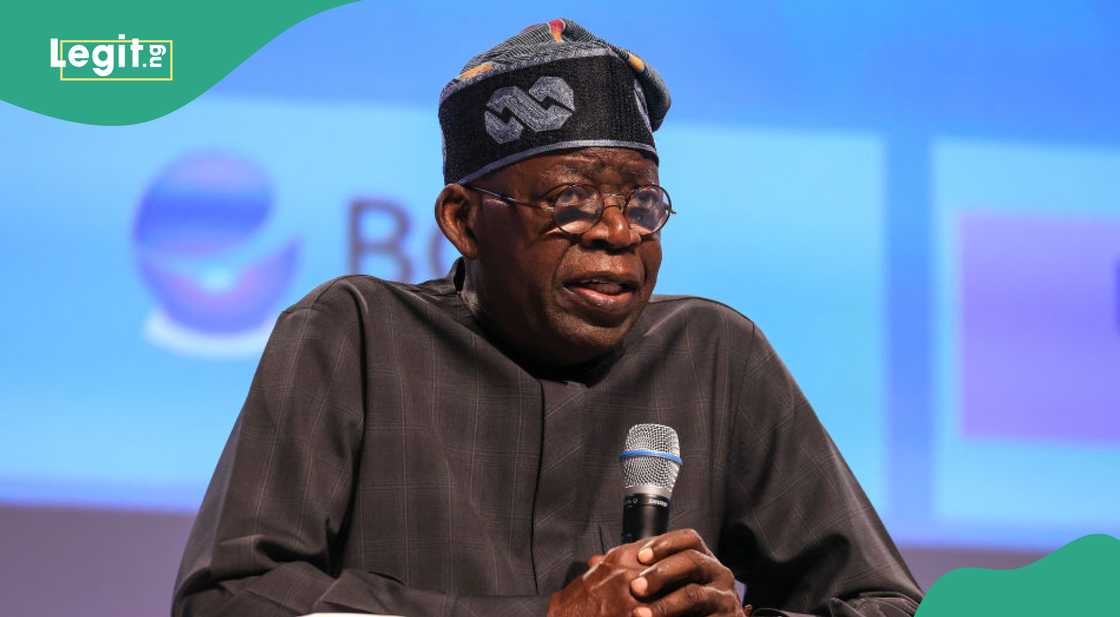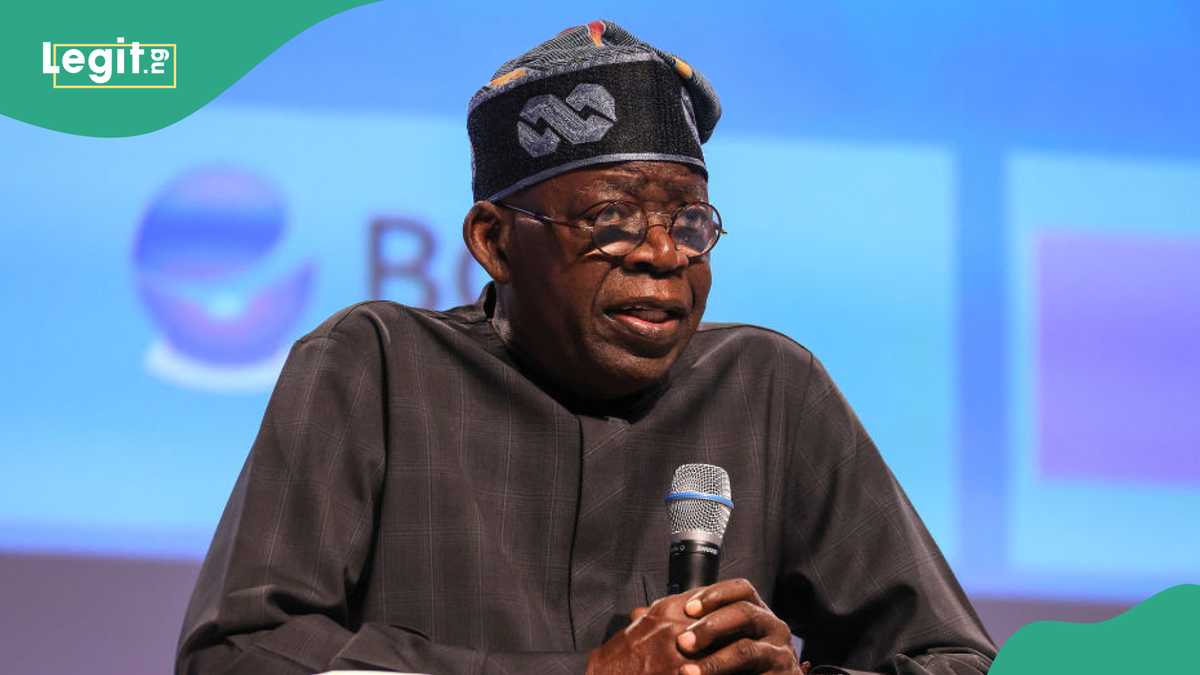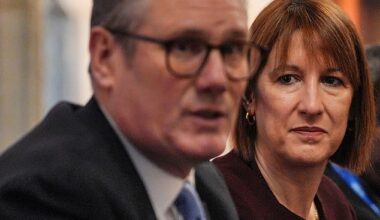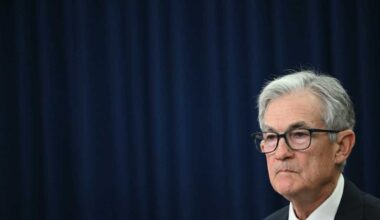- Nigeria’s public debt has hit a new high of N142.3 trillion as of September 30, 2024, amid new borrowings
- Details show that the debt comprises foreign and domestic, showing the impact of the naira depreciation
- Available data shows that Nigeria’s external debt rose slightly by 9.22% from N63.07 trillion to N68.89 in 2024
Legit.ng’s Pascal Oparada has reported on tech, energy, stocks, investment and the economy for over a decade.
Nigeria’s total debt stock has increased to N142.3 trillion as of September 30, 2024, an increase of 5.97% relative to N134.3 trillion in June last year.
The debt comprises external and domestic borrowings and shows the significant effect of exchange rate devaluation on external borrowings in naira terms.

Credit: State House
Source: Getty Images
Naira depreciation contributes to rising debt level
Data from the Debt Management Office (DMO) shows that the country’s external obligations rose slightly by 0.29% from $42.90 billion in June to $43.03 billion in September last year.
However, in local currency terms, Nigeria’s external debt increased by 9.22%, from N63.07 trillion to N68.89 in the first nine months of 2024.
The increase was due to the naira’s depreciation, with the exchange rate declining from N1,470.19 per dollar in June to N1,601.03 by September 30, 2024.
Nigeria’s domestic debt drops
Domestic debt dropped by 5.34% in dollar rates from $48.45 billion in June to $45.87 billion in September last year.
During the review period, domestic debt rose by 3.10% in naira terms, from N71.22 trillion to N73.43 trillion.
The Nigerian government’s external debt stood at $38.12 billion in September, up from $38.01 trillion in June, while the debt of states and Abuja was $4.91 billion, an increase of $4.89 billion.
Nigeria’s domestic debt rose from N66.96 trillion, while states and Abuja owed N4.21 from N4.21 trillion.
Nigeria’s public debt dipped by 2.70% in dollar terms, from $91.35 billion in June to $88.89 billion in September 2024.
Nigeria’s naira-based debt stock remains massive.
Punch reports that the rising debt stock, especially naira-denominated debt, raises concerns over sustainability, especially with the exchange rate volatility driving the surge in external debt.
A breakdown of Nigeria’s debt shows that the country’s debt stock of N69.22 trillion in September last year was due to increased issuance of FGN bonds and a rise in promissory notes, showing the government’s dependence on domestic borrowings to meet financial needs.
Debt instrument analysis shows that FGN bonds were the largest, at 4.47%, to N54.65 trillion in September last year from N52.32 trillion in June.
FGB bonds cause a spike in debt stock
The figure represents 78.95% of the total domestic debt, from 78.13% in the previous quarter.
The bond issuance in naira contributed to most of the spike, as the dollar-based bond was recently introduced to the domestic stock at N1.47 trillion.
Nigeria services debt with N8.94 trillion
The development comes as the Nigerian government spent N8.94 trillion on debt servicing in the first nine months of 2024, accounting for 47% of total expenditure.
The amount is a 56.8% increase from the N5.69 trillion spent in the same period in 2023.
Breakdown of debt servicing
The government retained N6.08 trillion in revenue in the period, while debt servicing costs overshadowed the amount. The trend shows an increasing dependence on borrowing and existing debts.
According to reports, recurrent expenditure increased to N15.11 trillion in the first three quarters of 2024, representing 45.6% from the N10.38 trillion in 2023.
A breakdown shows that personnel costs rose by 20% to N3.59 trillion from N2.99 trillion.
Overhead cost increased by 51.4% to N892.85 trillion from N589.63 trillion.
Transfers increased by 83.8% to N1.31 trillion from N711.36 billion in 2024.
Also, capital expenditure rose by 20.8% to N3.86 trillion, relative to N3.19 trillion in 2023.
Sovereign debt servicing dips by 65%
Legit.ng Earlier, in response to the recent decline in sovereign debt servicing from 97% to 65% of government revenue, President Bola Tinubu said the change was an indication of the country’s economic recovery
During Monday’s swearing-in ceremony for seven new ministers in Abuja, Tinubu declared war on looters and promised to take innovative measures to protect the country’s wealth from theft.
He also emphasised these leaders’ vital role in helping Nigeria navigate its economic difficulties, highlighting the significance of their commitment and foresight during this crucial time.
PAY ATTENTION: Сheck out news that is picked exactly for YOU ➡️ find the “Recommended for you” block on the home page and enjoy!
Source: Legit.ng










